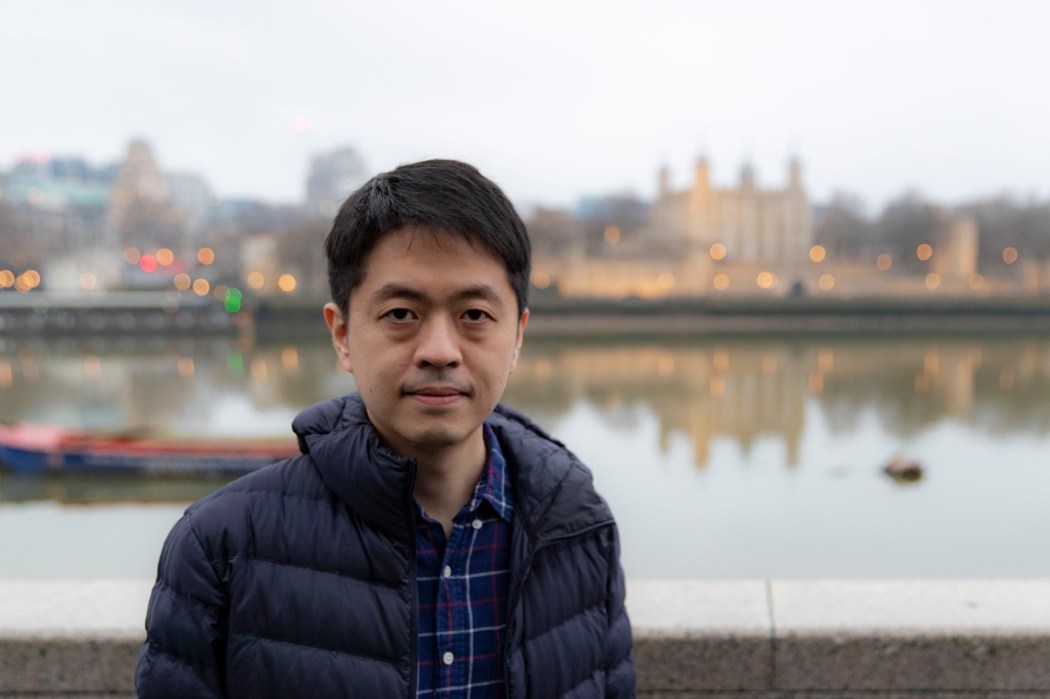The Hong Kong government has filed a bankruptcy petition against Ted Hui, a former lawmaker in self-exile in Australia.

According to the Judiciary website, the High Court will hear the bankruptcy petition involving the Secretary for Justice and Hui on January 23.
Hui, who fled the city in November 2020 after the national security law was enacted, is among eight pro-democracy overseas activists wanted by the national security police for allegedly colluding with foreign forces. Police issued a HK$1 million bounty for each of the the activists in July.
Last year, Hui was found guilty of contempt of court linked to his disappearance. The ex-lawmaker – who was on bail and facing nine criminal charges when he left Hong Kong – was accused of misleading police and the court into believing he would return to the city after a visit to Denmark for a conference.
Hui did not return, however, and later announced he had settled in Australia. Last September, he was handed a three-and-a-half-year jail term in absentia for contempt of court.
The judge said Hui had “carefully orchestrated” his deception of the police and the court by providing them with false documents and showed “no remorse.”

The court also ordered Hui to pay the cost of the legal proceedings.
After being sentenced, Hui wrote on Facebook that he reacted to the jail term with “dismissive derision.”
“Such a court system… holds politically motivated court hearings, and doles out politically discriminatory sentences,” he said, adding he would continue to “stand resolute” in the fight for freedom.
Since his departure, Hui has also been slapped with additional charges of secession and collusion with foreign forces under the Beijing-imposed national security law, as well as those relating to allegedly inciting Hongkongers to boycott the 2021 legislature election after the system was subject to a Beijing-decreed overhaul.
In February, Hui shared a letter – apparently from the Hong Kong police – inviting him to surrender. He told HKFP at the time that he had no plans to return to the city or respond to the police request.
Beijing inserted national security legislation directly into Hong Kong’s mini-constitution in June 2020 following a year of pro-democracy protests and unrest. It criminalised subversion, secession, collusion with foreign forces and terrorist acts – broadly defined to include disruption to transport and other infrastructure. The move gave police sweeping new powers and led to hundreds of arrests amid new legal precedents, while dozens of civil society groups disappeared. The authorities say it restored stability and peace to the city, rejecting criticism from trade partners, the UN and NGOs.
Support HKFP | Policies & Ethics | Error/typo? | Contact Us | Newsletter | Transparency & Annual Report | Apps
Help safeguard press freedom & keep HKFP free for all readers by supporting our team

LATEST FROM HKFP
HKFP has an impartial stance, transparent funding, and balanced coverage guided by an Ethics Code and Corrections Policy.
Support press freedom & help us surpass 1,000 monthly Patrons: 100% independent, governed by an ethics code & not-for-profit.










